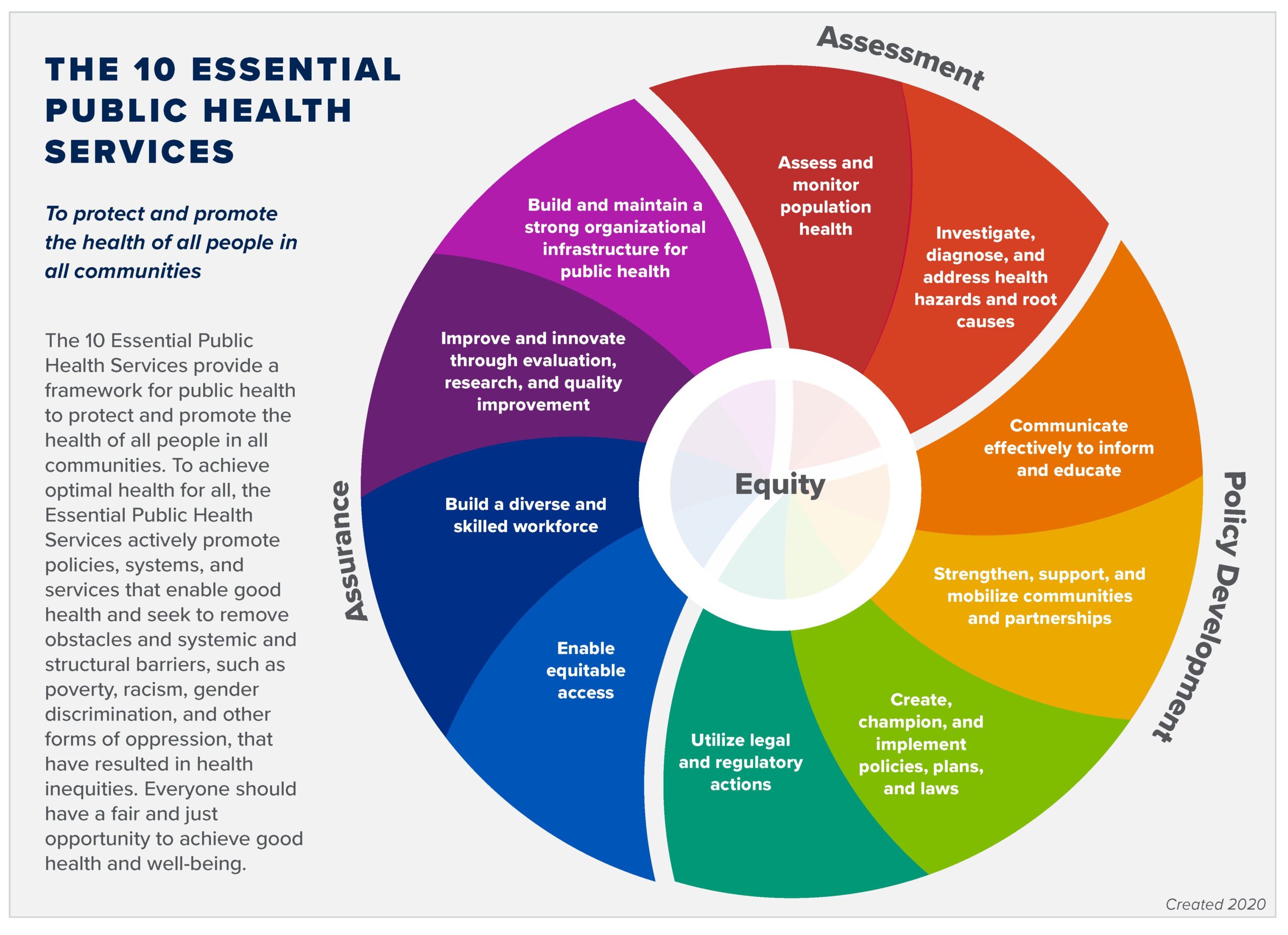In the wake of the global health crisis, accessible healthcare has become a pressing issue. This article presents ten innovative political policies that can improve healthcare access. Universal healthcare coverage, telemedicine services, increased access to primary care, and free preventive health screenings are practical policies that can reduce healthcare expenses and ensure healthcare services can be accessed by all citizens. Increased funding for medical research, healthcare cost transparency, health education and promotion, improved public health, expansion of medical training programs, and incentives for health professionals are policies that can positively influence healthcare accessibility. Governments need to prioritize these policies to improve healthcare access and ensure it becomes a fundamental right for all.
10 Innovative Political Policies to Improve Healthcare Access
In the current global health crisis, access to quality healthcare has been put under the spotlight. The pandemic has exposed the gaping inequalities in healthcare access and has highlighted the need for innovative political policies that can improve accessibility. The need for political action to improve healthcare access cannot be overemphasized, and the following policies can help achieve that.
1. Universal Healthcare Coverage
One of the most impactful policies to improve healthcare access is to provide universal healthcare coverage to all citizens. This would allow everyone to access healthcare services without the barriers of financial ability. It would reduce the burden of healthcare expenses for low-income families, which would consequently reduce healthcare spending.
2. Telemedicine Services
Telemedicine services have become increasingly popular during the pandemic. Nevertheless, it is a policy that governments can adopt permanently to improve healthcare access, especially for those in rural, remote, or underserved areas. Telemedicine can offer consultations, diagnosis, and treatment to patients, even without physical contact with the physicians.
3. Increased Access to Primary Care
Providing increased access to primary care is a policy that can significantly enhance healthcare access. Primary care physicians are the first touchpoint for many individuals in the healthcare system, and having adequate access to them can positively affect the health outcomes of the population.
4. Free Preventive Health Screenings
Providing free preventive health screenings such as mammograms, colonoscopies, and prostate exams can save many lives. Early detection of medical conditions is crucial for successful treatment, and this policy can increase the chances of detecting diseases early.
5. Increased Funding for Medical Research
Medical research has a significant role in advancing healthcare, providing new treatments, and improving medical outcomes. Governments need to increase funding for medical research to attract the best researchers and provide the infrastructure required for research.
6. Healthcare Cost Transparency
Healthcare cost transparency policy can provide patients with the knowledge of the health services’ cost before receiving them. This policy can improve healthcare access by helping people make informed decisions about their care based on the cost.
7. Health Education and Promotion
A policy that can improve healthcare access is investing in health education and promotion programs. Promoting health education can teach individuals about healthy lifestyles and provide information on how they can prevent medical conditions. This policy can also create awareness of healthcare services to improve access.
8. Improved Public Health
Public health should be a priority policy for governments. Public health policies can prevent medical conditions and reduce the burden of healthcare services. Clean water and air, safe food, and vaccination programs are examples of public health policies that can improve healthcare access.
9. Expansion of Medical Training Programs
Expansion of medical training programs policy can increase the number of medical professionals available to provide care. The policy can also help address the shortage of healthcare providers in rural and underserved areas. The expansion of medical training programs can have a significant impact on healthcare access.
10. Incentives for Health Professionals
Incentives for health professionals policy can improve the retention of healthcare providers in their professions. Providing incentives such as loan forgiveness programs, scholarships, and competitive salaries can incentivize professionals to remain in underserved areas and provide care where it is needed the most.
Conclusion
Healthcare access is a fundamental right, and governments need to prioritize innovative policies that can improve healthcare access. Universal healthcare coverage, telemedicine services, increased access to primary care, and free preventive health screenings are some policies that can make a significant impact. Increased funding for medical research, healthcare cost transparency, health education and promotion, improved public health, expansion of medical training programs, and incentives for health professionals are also policies that can positively influence healthcare accessibility. Governments that prioritize these policies can significantly improve healthcare access for their citizens.
